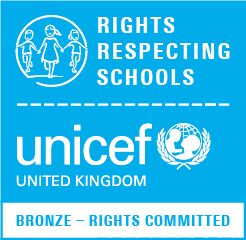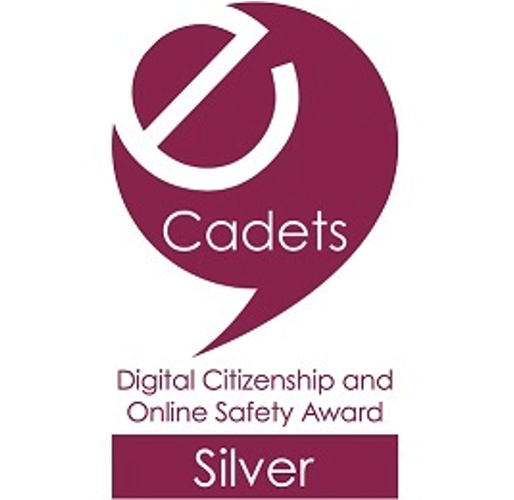Protected Characteristics at St. John's
Promoting the Nine Protected Characteristics
The Equality Act became law in 2010. It covers everyone in Britain and protects people from discrimination, harassment and victimisation.
The Equality Act protects people against discrimination because of the protected characteristics that we all have.
Under the Equality Act, there are nine protected characteristics:
- Age
- Disability
- Gender reassignment
- Race - including colour, nationality, ethnic or national origin
- Religion or belief
- Marriage or civil partnership
- Sex
- Sexual orientation
- Pregnancy and maternity
No form of discrimination is tolerated at St John the Baptist Catholic Primary School and our pupils show respect for those who share the protected characteristics.
We do not teach about all the protected characteristics in every year group. The curriculum is planned and delivered so that our pupils develop age appropriate knowledge and understanding during their time at St John’s.
The 9 Protected Characteristics are actively promoted in school through:
- Actively promote the Gospel values whilst remaining inclusive
- We Are All Saints… Children’s Charter
- Picture News
- Sign Language sessions - EYFS
- Books and resources
- Science Planning
- World Religions units
- International Women's Day
- Mardi Gras
- Day of the Dead
- Ten Ten - Black Lives Matter
- CAFOD
- TEN: TEN Assemblies – thematic
Promoting the rights of each individual as outlined in the United Nations Charter through our RRS award, ethos, policies and curriculum content
- Promote tolerance, mutual respect and understanding through different aspects of our curriculum- this includes teaching in RE, PSHE and other subjects. In English, a variety of text from a range of cultures will be used. Scientists, historians, artists, poets, engineers and designers who represent the protected characteristics will be embedded within the curriculum
- Picture News (see separate overview)
- Leading on assemblies to explore and deal with relevant issues; including CAFOD assemblies/workshops to support Catholic social teaching
- Fundraising for local charities i.e. Cornerstones, SIFA Fireside
- Fundraising and charitable giving - CAFOD
- Supporting all staff and children to recognise and reach their potential - CPD, leadership
- Interventions to maximise the progress of all groups of children - on-going monitoring and adaptions to best meet need
- Encouraging and target children who have a particular character to participate fully in all activities - for example; enrichment clubs and sport provision at lunchtimes
- Curriculum trips that meet the needs of all children
- Conscious modelling by all adults in school
- Planned and bespoke Curriculum
- Restorative justice / peer mediators - supporting any tensions between different groups of pupils within the school
- Child and Family Support Worker
- Pupil participation in school activities such as the School Council, Social Action Team etc.
Embedding Protected Characteristics into the whole ethos of St John’s promotes:
- Self-esteem, self-knowledge and self-confidence
- Respect for democracy and support for participation in the democratic process
- Acceptance of responsibility for their own behaviour
- Respect for their own and other cultures
- Understanding of how they can contribute positively to school and home life and to the lives of those living and working in the locality and further afield
- An understanding of Equality, Human Rights and Protected Characteristics
- An understanding of how citizens can influence decision-making through the democratic process
- An appreciation that living under the rule of law protects individual citizens and is essential for their wellbeing and safety
- An understanding that the freedom to choose and hold other faiths and beliefs is protected in law
- An acceptance that other people having different faiths or beliefs to oneself (or having none) should be accepted and tolerated, and should not be the cause of prejudicial or discriminatory behaviour
- An understanding of the importance of identifying and combating discrimination








